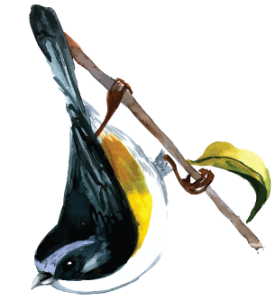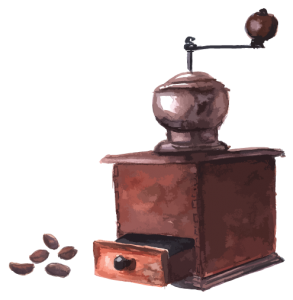
- Place yourself in environments that stimulate the senses. Whether it’s listening to music or smelling fragrant lavender, these can act as real triggering mechanisms to begin a poem. Also pay attention to using the senses when your write. Sensory detail in a poem makes the language come alive.
- Speak from your own voice. Use words that come naturally to you. Do not to use archaic English (e.g., thee or thine) or highly sophisticated words unless they are part of your normal vocabulary — in other words, be authentic to your own language and your own experience.
- Describe rather than explain. Paint pictures with your words, which often refer to the color, shape, or location of something. Embrace each object or scene in the poem with refined attention and describe in detail.
- Convey feeling. Let the emotion in the poem carry the poem to its end. If there is no emotion in a poem, it is just mental wordplay that may sound clever but has no power.
- Be aware of the line breath in the poem. Read the poem aloud and see where you naturally pause or where you want to emphasize a point — that it where you break the line. Some lines are long, some short, and they may vary throughout the poem.
- Repeat sounds in a poem to hypnotize the ear of your readers. Using alliteration, internal rhyme, end rhyme, assonance, and consonance makes the poem sound good, and the ear naturally perks up to repeated sounds.
- Be consistent with form or style in a poem. For example, if you start out rhyming in poem, end the poem that way. It sets up the reader to hear or see a particular pattern and they expect it. If you deliberately change form or style in a poem to jar the reader for a reason, then the reason better be good because you can easily lose your audience.
- Embrace the mystery. Write not knowing how the poem will end. Let it be an act of discovery. The more surprising the poem is to you, the more likely it will be surprising and refreshing to the reader.
- Go beyond the drum roll. Often poems are just warming up before they break into song when the poet stops short. Keep writing until you have a true sense of completion (which may go on for years). Some poems are continual works in progress.
- Have a journal or tape recorder handy wherever you go — on the bus, by your bed, waiting in the doctor’s office. The inspiration to begin a poem is often fleeting and you must seize the opportunity, or that idea may be gone forever.








Leave a Reply